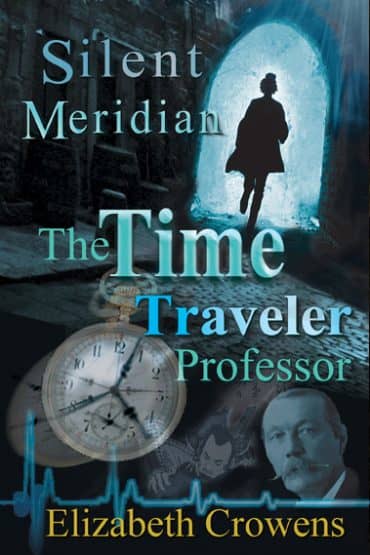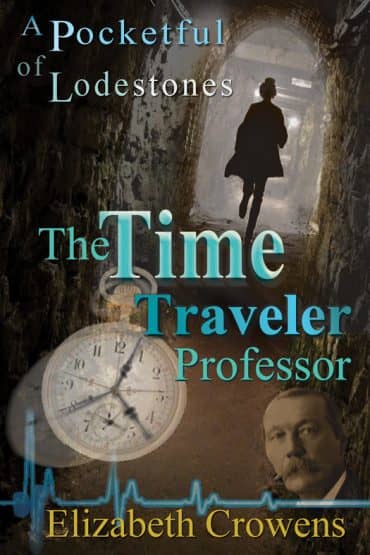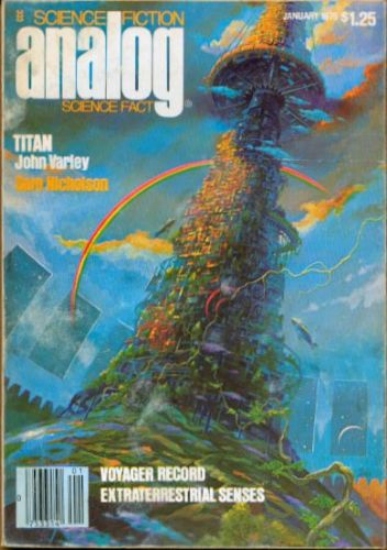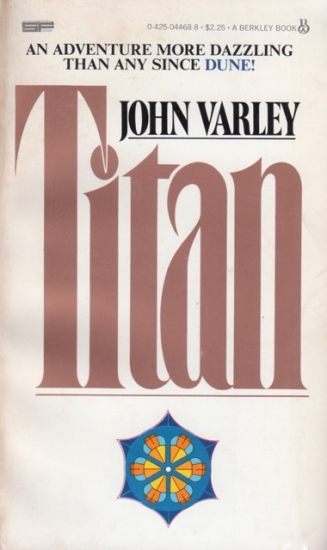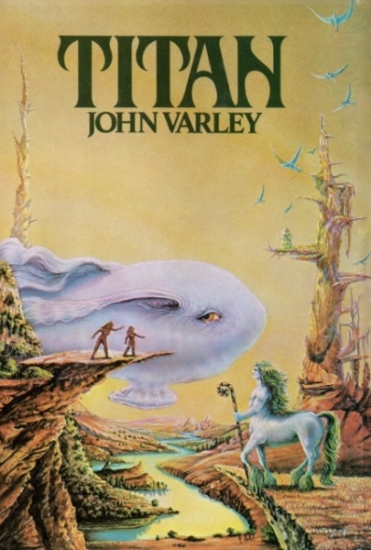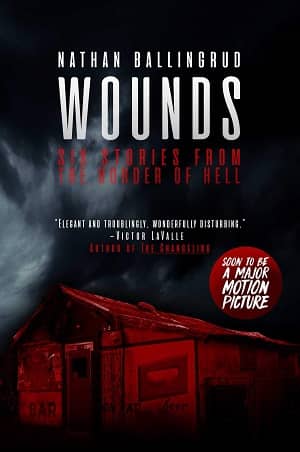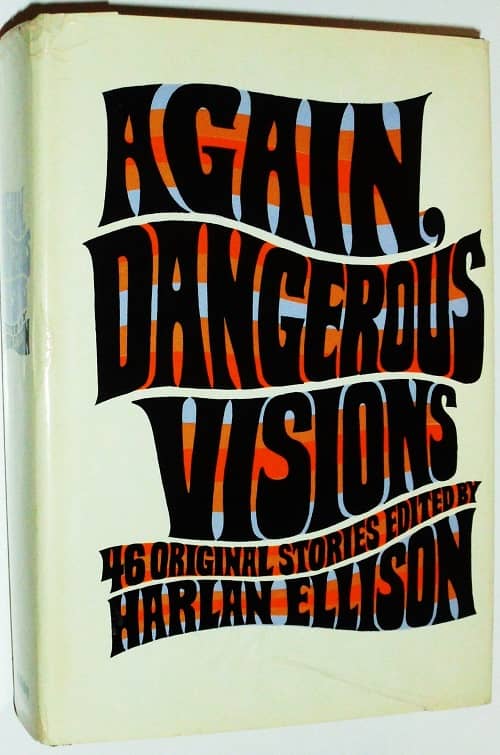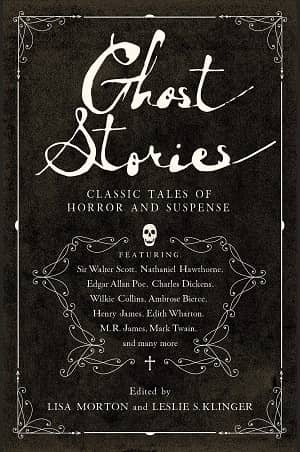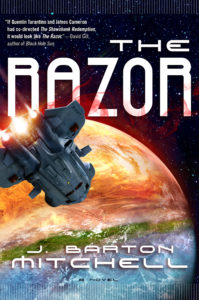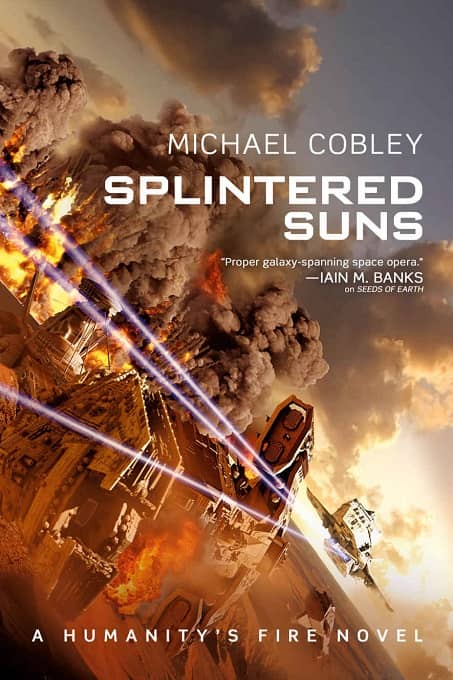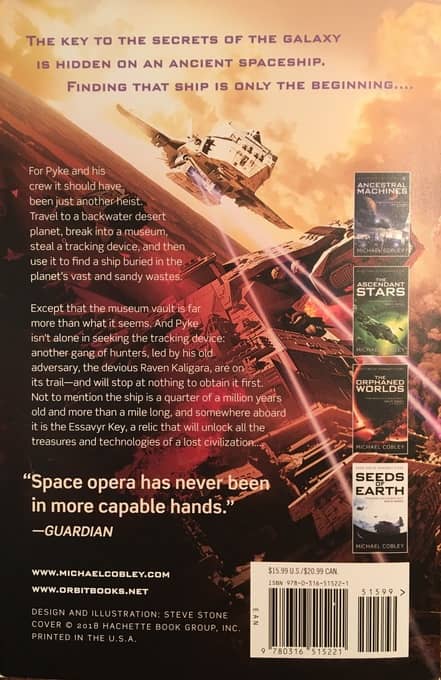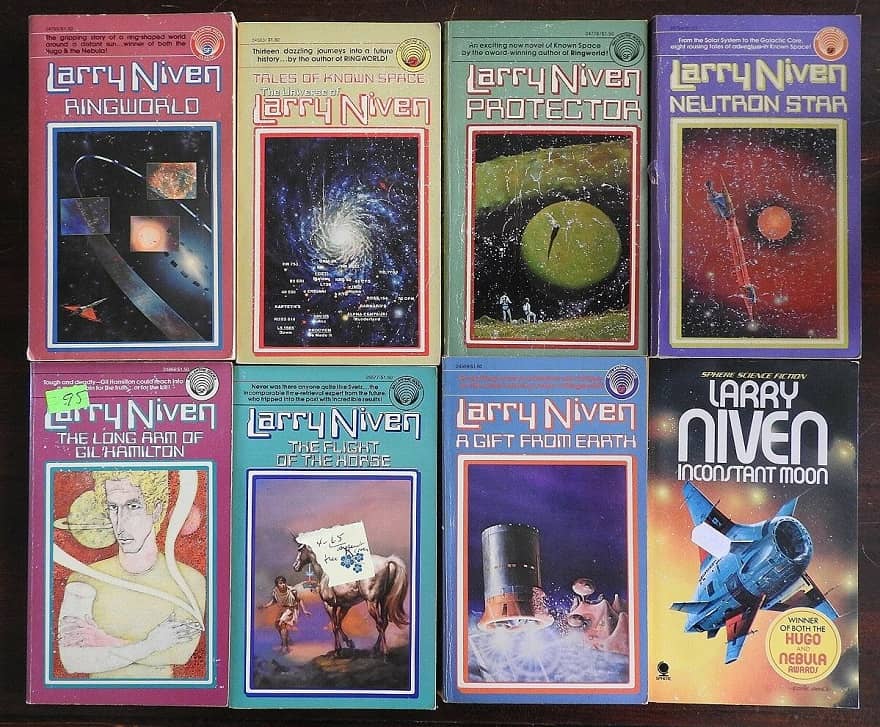Cirsova Announces Leigh Brackett’s The Illustrated Stark
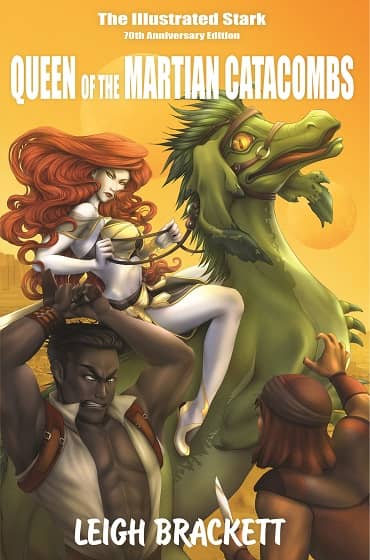 |
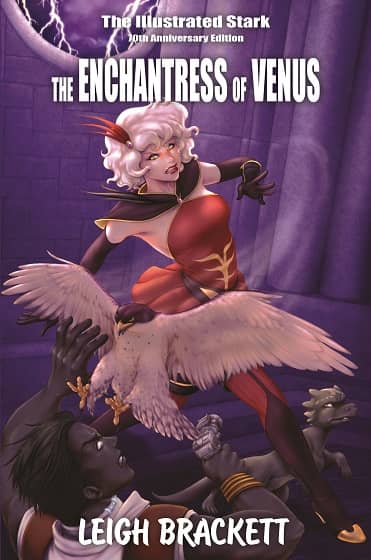 |
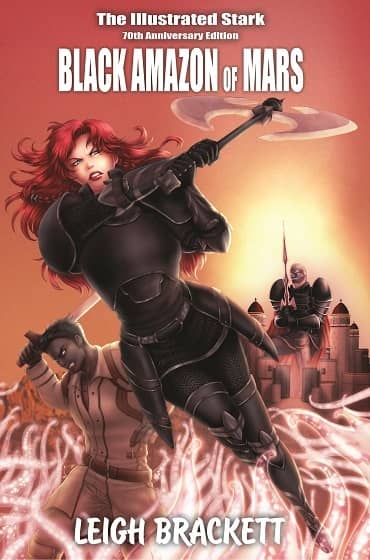 |
You know what the world needs today? It needs more Leigh Brackett.
Brackett has had her 21st Century champions, including Eric Mona at Paizo Publishing, who reprinted five Brackett novels as part of his superb Planet Stories line, and Stephen Haffner of Haffner Press, who’s produced four gorgeous archival quality hardcovers collecting her short fiction. But it’s been over a decade since those books appeared, an eternity in publishing terms, and virtually all of them are now out of print. So I was delighted to hear that Cirsova Publishing, the masterminds behind Cirsova magazine, are reprinting some of Brackett’s most famous work in new illustrated editions. Here’s an excerpt from the press release.
Cirsova Publishing has teamed up with StarTwo to create an all-new, fully illustrated 70th Anniversary Edition of Leigh Brackett’s original Eric John Stark Trilogy. Cirsova Publishing aims to bring the action, adventure and romance of Leigh Brackett to a new generation of readers.
First published in the Summer of 1949, Queen of the Martian Catacombs introduced the world to Eric John Stark, the black mercenary swordsman. Stark’s adventures continued on Venus in 1949’s The Enchantress of Venus, and the swordsman returned to the Red Planet in 1951’s Black Amazon of Mars. While Brackett would revisit the character in 1970s with the Skaith trilogy, the original novellas are significant as one of the last iconic Sword & Planet cycles of the pulp era.
The Cirsova covers are homages to the original Planet Stories pulp covers (see below), though I’m pleased to see that (like the Paizo editions before them), they correctly depict Eric John Stark as black skinned.
